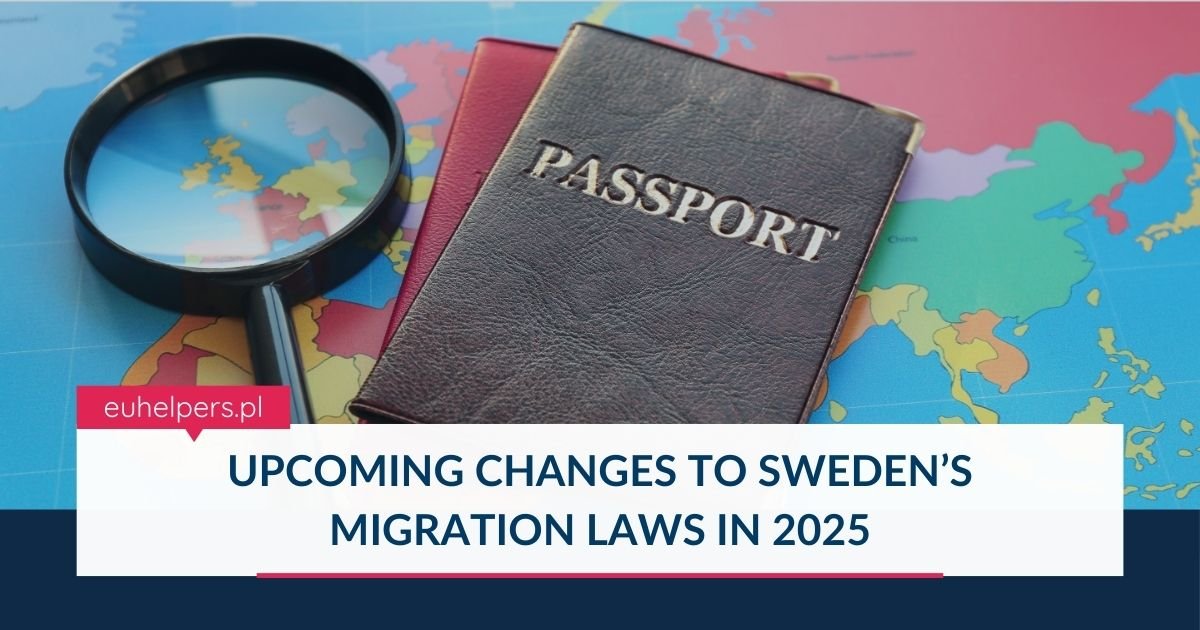As Sweden continues to reform its migration policies, significant updates are anticipated to take effect by mid-2025. These changes are expected to impact both individuals and employers, particularly in the context of recruitment and work permits. Here's an overview of what to prepare for:
Stricter Reporting Requirements
Employers will face increased obligations to report detailed information to the Swedish Migration Agency. This heightened scrutiny aims to ensure compliance with labor and migration laws, but it may add administrative complexity for businesses.
Increased Salary Thresholds
The minimum salary requirements for work permits are set to rise. This adjustment will make it more challenging for employers to recruit for entry-level positions, as compensation packages will need to meet the new benchmarks.
Restrictions on Changing Permit Types
One of the most significant changes is the planned prohibition on switching between different permit types. For instance, individuals on asylum permits will no longer be allowed to transition to work permits. This restriction could limit opportunities for migrants to adapt their legal status based on evolving circumstances or career opportunities.
Impact on Employers
These reforms will particularly affect businesses seeking to attract international talent for roles that do not meet higher salary thresholds. Companies must adapt their recruitment strategies and ensure compliance with the updated laws to avoid potential penalties.
As these changes loom, staying informed and prepared is essential for both employers and employees navigating Sweden’s migration system.

